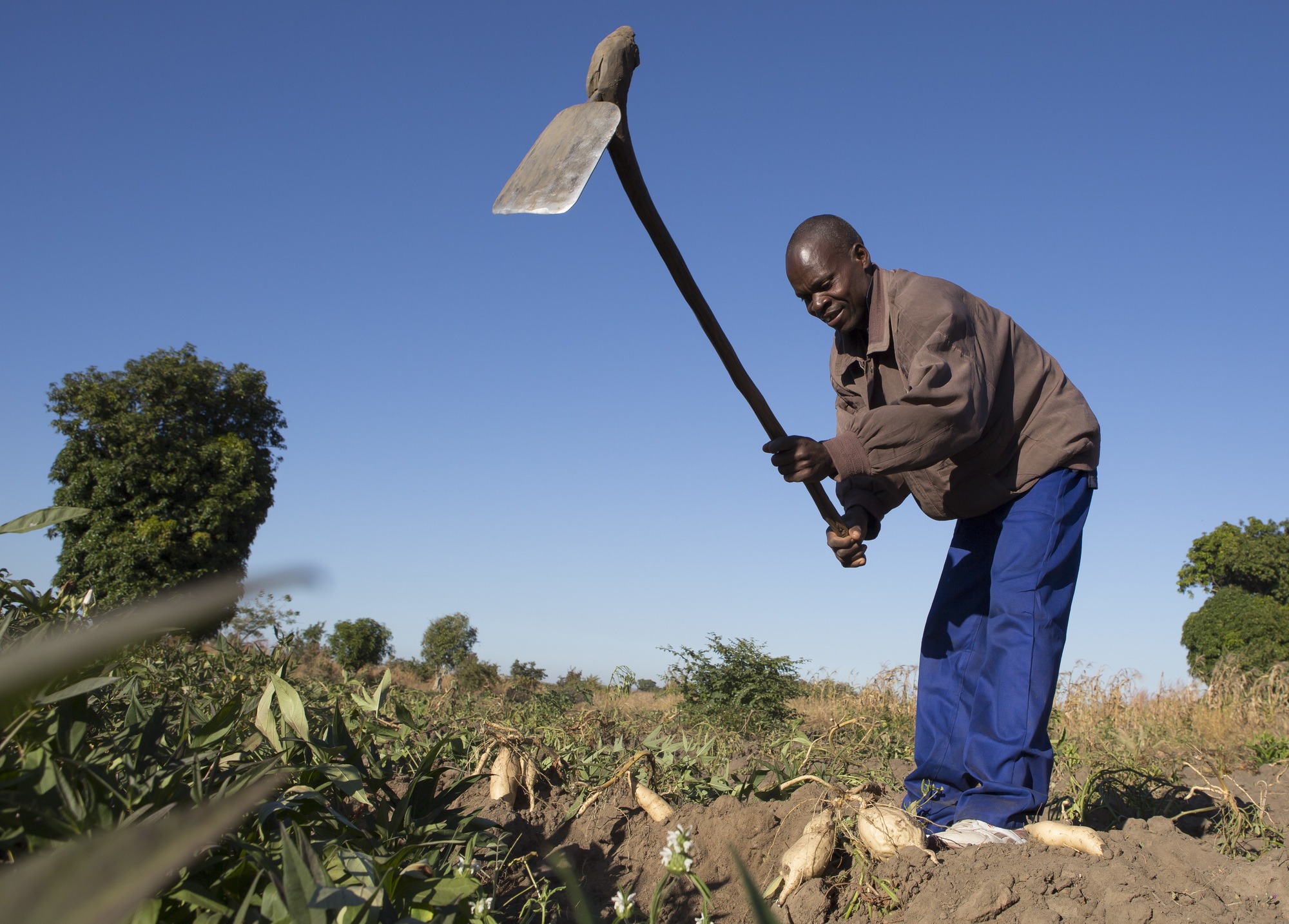Globally an estimated 1.5 billion people live in smallholder households. In Asia and sub-Saharan Africa smallholder farmers produce up to 80% of the food consumed. As a group, however, smallholder farmers are among some of the most disadvantaged and vulnerable in the world – struggling with food security, energy availability, market access, training and climate change.
At SF we have been working on the nexus of agriculture and energy for the last three years, building a portfolio of eight enterprises helping smallholder farmers to increase yields, incomes and climb the energy ladder. See the existing SF portfolio of businesses working in Energy for Business
This work has led to a new £30m, five-year co-funding partnership with the UK Government’s Research and Evidence Division (RED).
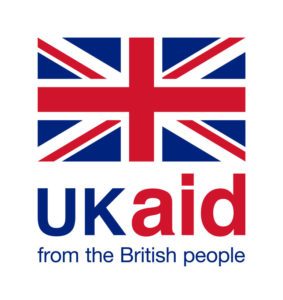
The Catalysing Agriculture by Scaling Energy Ecosystems (CASEE) programme will deliver access to energy for smallholder farmers in sub-Saharan Africa and South Asia by supporting agriculture-focused businesses to test new models and technology with the potential to reach commercial viability.
The aim is to leverage £110m of additional investment into the agriculture ecosystem and improve the lives of more than a million people.
The programme launches with investments into three social enterprises with significant potential:
S4S 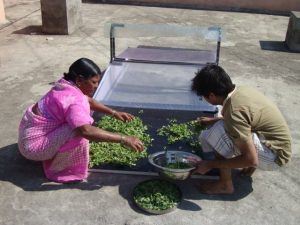
S4S Technologies installs solar powered dehydrators for farms to convert fruit and vegetables into dehydrated products and provides assured revenue to farmers by on-selling the products in B2B and B2C markets and generating revenue for the entire value chain.
In the next two years, SF and UK Government will support S4S to build capacity, systems and processes and scale its model from 17 villages currently to 60 additional villages across two geographies in India (Maharashtra and Orissa).
Sistema.bio 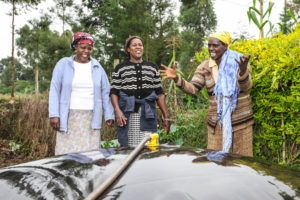
Sistema.bio produces biogas digesters that convert farm waste into energy for cooking, heating or powering machinery and reduces greenhouse gas emissions from livestock. The digesters – manufactured to last under high sun exposure – also produce an organic fertiliser that improves agricultural yields.
Having supported the company’s expansion into Kenya and India in recent years, this latest round of funding will see the company more than double its sales and management teams, develop new corporate partnerships, and accelerate the rollout of biogas-compatible productive machinery.
Rent to Own 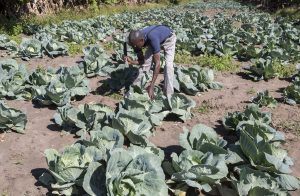
Rent to Own provides finance for industrial and commercial machinery to rural entrepreneurs in Zambia. It provides farmers and shopkeepers with the equipment they need to realise their business potential, setting affordable repayments that can adjust to seasonal cash flow.
This round of funding will enable to company to continue improving its customer knowledge, acquisition and value, as well as making some key operational hires at c-level.
How does CASEE support AgEnergy?
CASEE represents the latest long-term strategic partnership agreement to incubate new ideas, demonstrate the viability of market-based solutions and support the growth of new inclusive markets.
Taking an holistic agricultural ecosystem view, CASEE will support businesses that address four key barriers:
- Access to Resources: Championing new technologies and services focused on energy provision to use for agriculture
- Access to Finance and Insurance: Supporting intermediaries to provide financial products and insurance to smallholder farmers
- Access to Knowledge: Focusing on low cost solutions to provide better market information and training on business and agronomy practices
- Access to Markets: Creating value chains connecting small hold farmers to larger supply chains increasing value to farmers
By addressing these barriers, the programme aims to:
- Leverage £110m of additional funding into the sector
- Improve the lives of a million people

